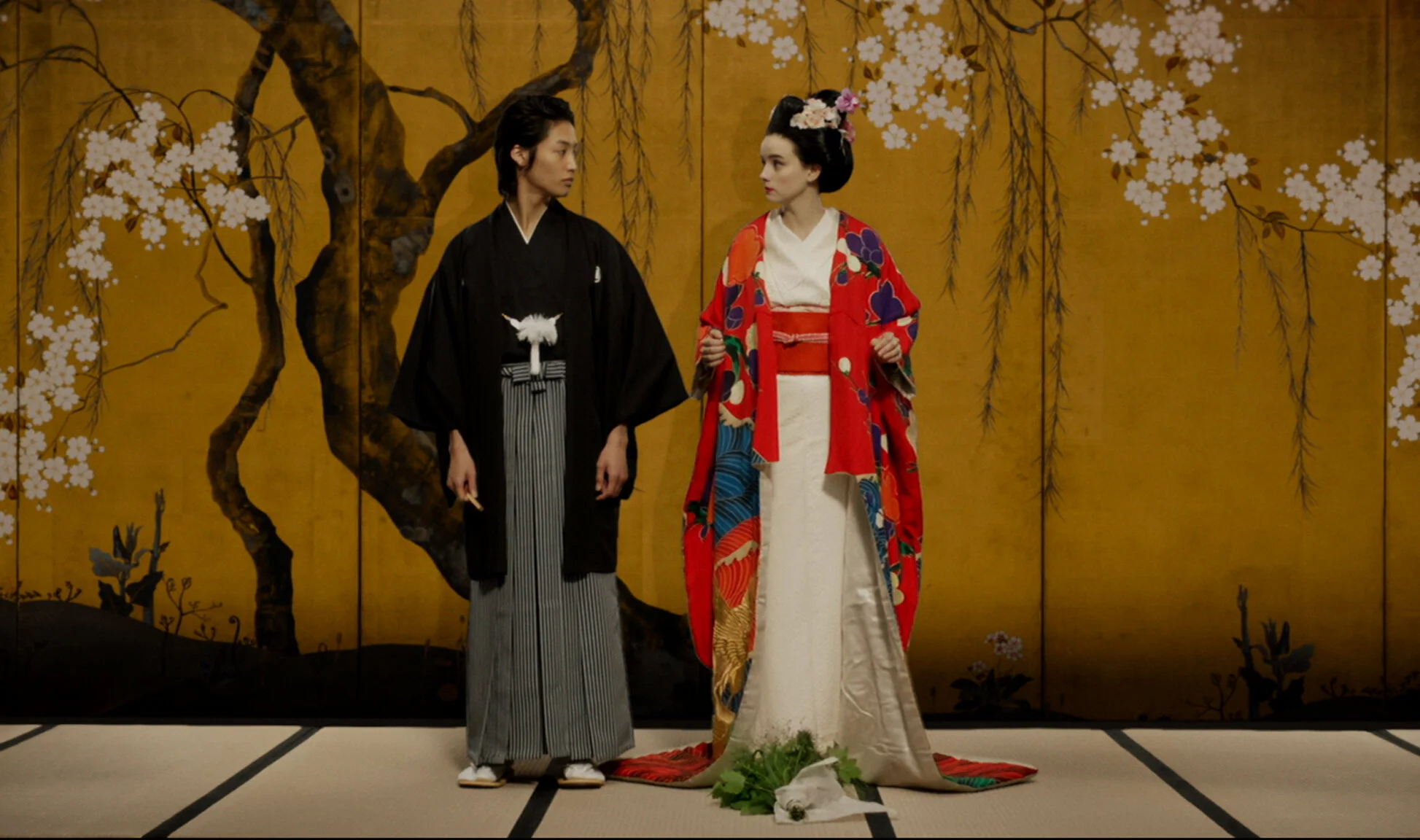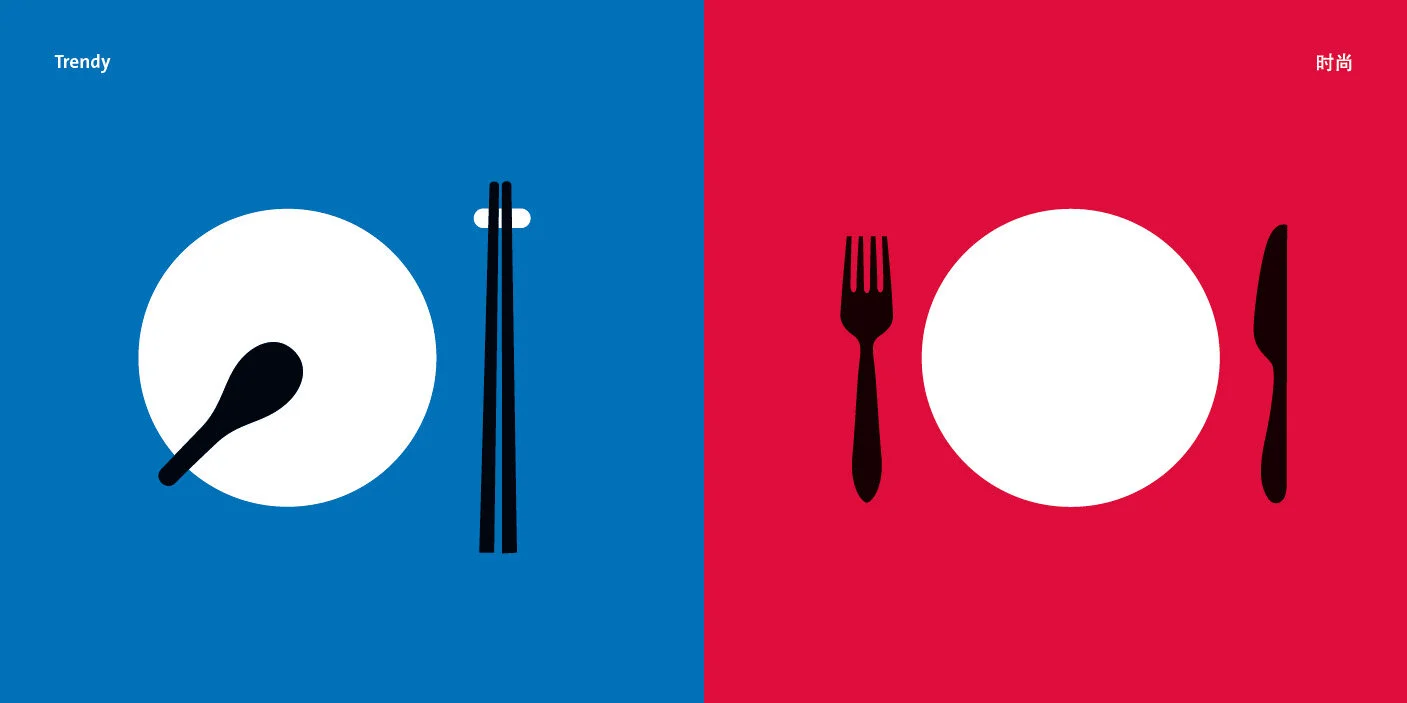B-Side: Forever On, A Foreigner
“[T]here is no basis whatever for their impertinent assumption that they must accept you. The really terrible thing, old buddy, is that you must accept them.”
There are many versions of the stories I can tell you about what America has been and what America has done, and how that relates to why I have ended up the way that I am. Once you hear enough of them, though, you begin to realize that any one story is just one interpretation about who wronged whom, and that in the end, the remainder of one’s life is determined less by what has been done to someone and more by how that person has chosen to respond to it.
In 1975, the U.S. passed the Indochina Migration and Refugee Assistance Act. This allowed my mother to leave the refugee camp and come to Los Angeles, where she soon got a job and attended school. She did not live somewhere nice or safe, but she found herself a community of fellow displaced Asians. Eventually, she met a university student who was a bit poor, but she married him anyway. A few years later, they were buying a house and raising two children who would eventually go on to graduate from some of the nation's top universities.
Back then, life was not about love or kindness or feelings. Pain and despair were the backdrop to a continual striving towards a place where life could be more than just surviving. After all these years, despite the contempt I carried towards their choices and behavior throughout my childhood, I look at my parents now and realize that, in more than one sense of the word, they made it.
My mother told me something important that I have not heard from the children of other immigrant parents:
“I did not come here to give you a better life. I just kept going, and this is where I ended up, because I am such a lucky person.”
I have struggled, as I think many other kids of immigrants have, with why my parents were unable to love me, or at the very least, be kind or gentle to me. As far as I was concerned, they had trained me to survive, while television and media were the only things teaching me that there was anything worth surviving for. To me, it seemed that they took care of me merely to prove to themselves or others that I could amount to something that was worth the price they had to pay to get here. Meanwhile, in the movies, even the most useless, incompetent children from the most hopeless backgrounds had someone tell them that they were human beings, and that the right to exist was not something they had to earn.
Still, I used to think that there had to be some way I could earn that right, because I did not seem to have it. My parents continued to spin to me their grand tales of “earning it all” through overcoming unimaginably tragic circumstances–war, poverty, starvation, violence. But it seemed as I continued to do everything right, there was nothing I could do to stop from being something wrong. What that something was was ungraspable to me at the time, but I will explain it to you now.
Within the Western world, we are taught that there are fundamental human values that exist at the core of any person, no matter what kind; concepts like “love” were immutable and universal truths. In reality, so much of what people believe to be “acceptable” or “unacceptable” is based on cultural constructs. For instance, one need only pick up your average American citizen and drop them in the middle of Japan to find out just how many offensive ways there are to stand or sit.
With time, I came to understand that what my father, my mother, and America wanted from me were irreconcilable. I was standing at the intersection of three lines, and I had spent all my efforts trying, on one leg, to hold my balance on that precise point. From this perspective, it is no surprise that a tap from even the lightest feather could knock me down.
Screenshot from the film Tokyo Fiancée (2014)
Upon realizing this, I began to jump spaces, trying out each one to see which alienation was the least overwhelming, in exchange for some sense of stability. To be honest, though it was the one in which I had the least practice, Japan’s society was the least disorienting to me on some primal level. Yet still, any time I heard Cantonese, Vietnamese, or English from some tourist on the street, my head would turn with an instinctive yearning for the pieces of me I kept tucked inside.
I began to wonder why America was so cruel a place to allow someone like me to be brought into this world without also providing a space into which I could fit. I listened to the stories of other immigrants or people of mixed cultures talk about finding a home for themselves in America, but for me, it was simply not true. If, even within the house I was raised, I could not stop being in the wrong way, how could I hope to find a place outside of that which could accept all the things I could not help but be?
After doing everything I had been taught I was supposed to do, and feeling, at the end of it, none of the things I was supposed to feel, I realized that what was torturing me was not what America had been unable to give to me, but what I had expected America to have waiting for me at the finish line. Once I removed this notion of an unfulfilled promise, I decided that there were two things I could let America be: 1) A place, like any other, where I would never belong, or 2) a place, like only a few others, where I am free to become all the things that I am, even if such a thing does not yet exist.
Thus far, I have yet to feel at home anywhere. And it also may be true that no matter how long I stay, this may never change. Quite possibly, belonging is a privilege I am not allowed to have, but perhaps this is only quite so sad if that is what I let my story be about. I wonder, do we have a choice in whether we tell ourselves a story and try to force a happy ending, or whether we just have an ending and write a story around it to make it a happy one?
If you want me to decide whether my story of America is that of a country that insists I must either be for my people or against my people and, to this day, remains a place I feel like I can never truly be a part of, or whether it is the country that accepted and enabled both my parents to achieve everything they ever hoped and presents to me the same opportunities, I cannot pick one. I think we want there to be clear answers, that there are some places that are good and some that are bad, that there are some people who are innocent and some who are guilty. But everyone hurts others and is hurt by others no matter how hard we try to avoid it. The question we face is not when they will finally learn to accept us, but whether we will forgive them for all the times they are unable to do so.


